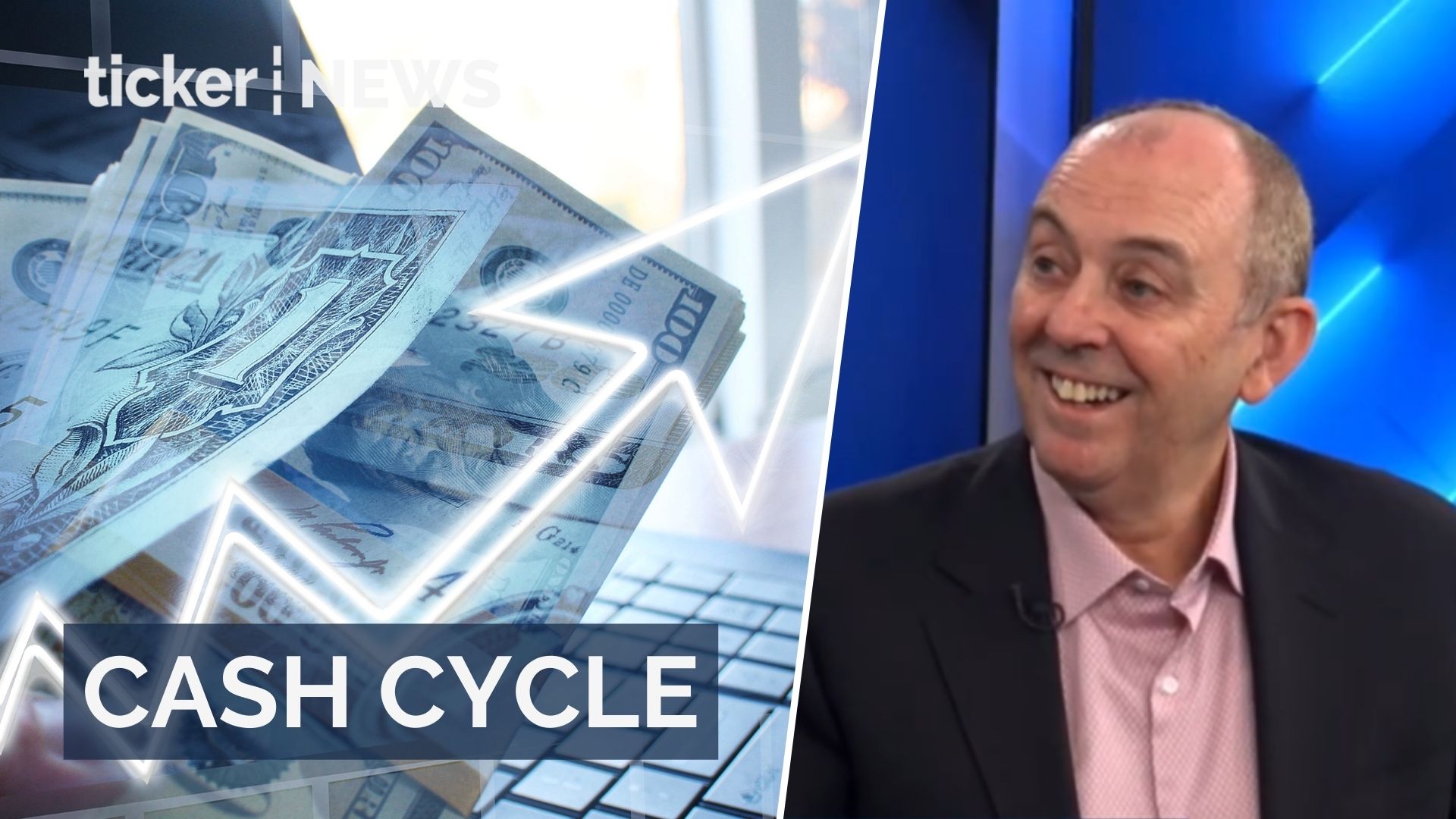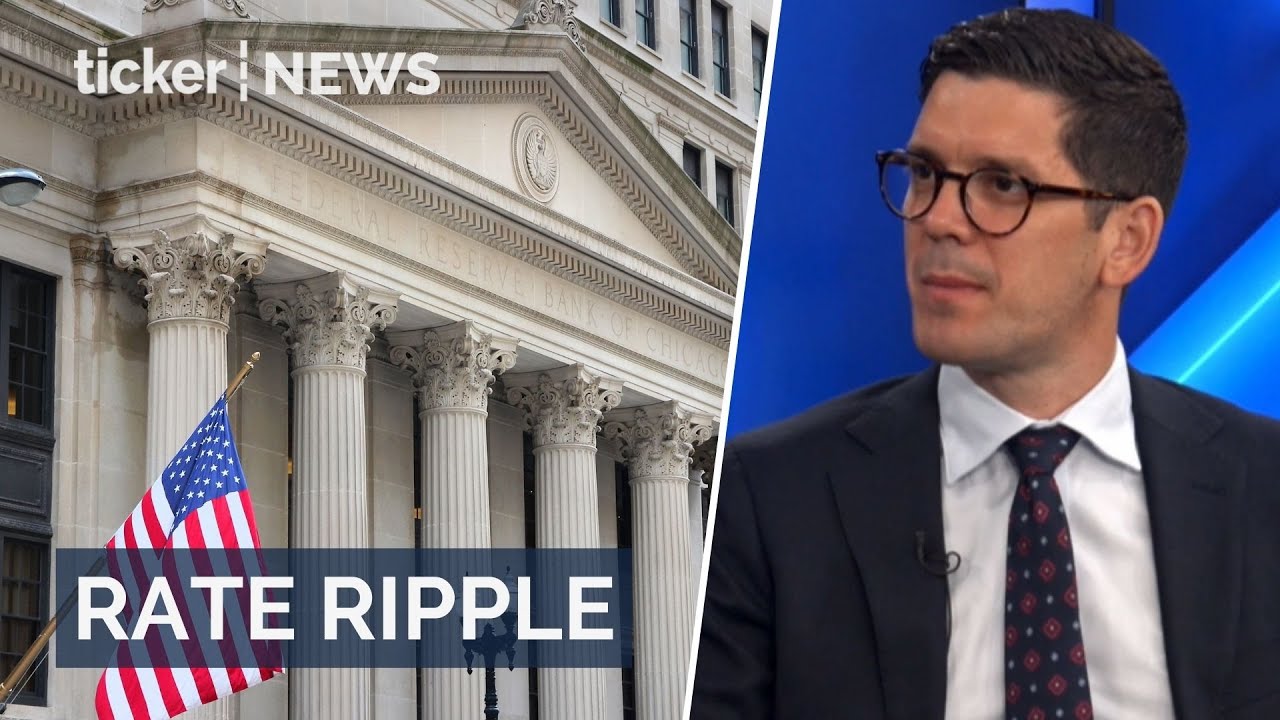Money
Australians are “being forced” to work multiple jobs

Money
How to position investments for 2026: Expert advice on market cycles
As 2026 begins, strategic investment positioning and understanding market cycles are crucial for navigating today’s evolving financial landscape.
Money
Markets in 2026: Fed rates, gold surge, oil tensions & AUD strength
As 2026 begins, markets face economic shifts; gold and silver soar, while energy and currencies impact global investors.
Money
Stocks hit record high as Powell faces investigation and Trump proposes credit cap
S&P 500 hits all-time high amid Fed scrutiny; Trump’s credit card cap proposal raises investor concerns over bank profits.
-



 News2 days ago
News2 days agoSendle shuts down, small businesses left scrambling
-



 Ticker Views5 days ago
Ticker Views5 days agoViruses experts are watching in 2026
-



 Crypto2 days ago
Crypto2 days agoCrypto climbs amid U.S. weakness and Iranian crisis
-



 Ticker Views1 day ago
Ticker Views1 day agoU.S. pushes Latin American dominance
-



 Money3 days ago
Money3 days agoBoeing hits seven-year high in plane deliveries as demand soars
-



 News3 days ago
News3 days agoUK, Canada and Australia consider banning Elon Musk’s X over AI risks
-



 News4 days ago
News4 days agoTrump declares US ready to support Iranian protesters
-



 Docos3 days ago
Docos3 days agoWhy Iran’s latest protests could change the Middle East






